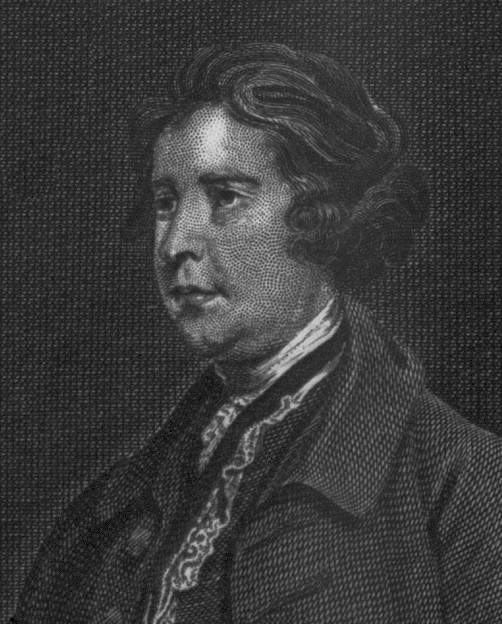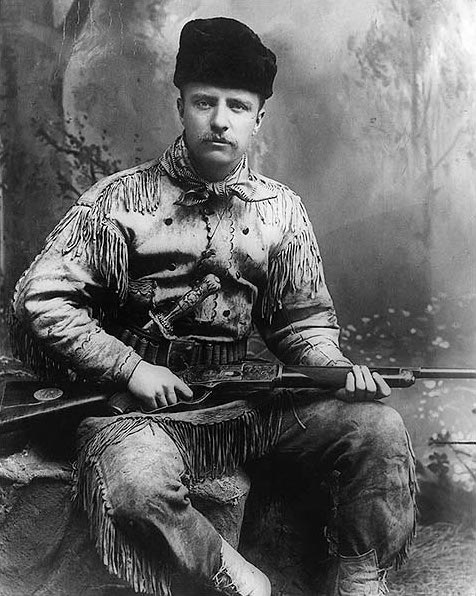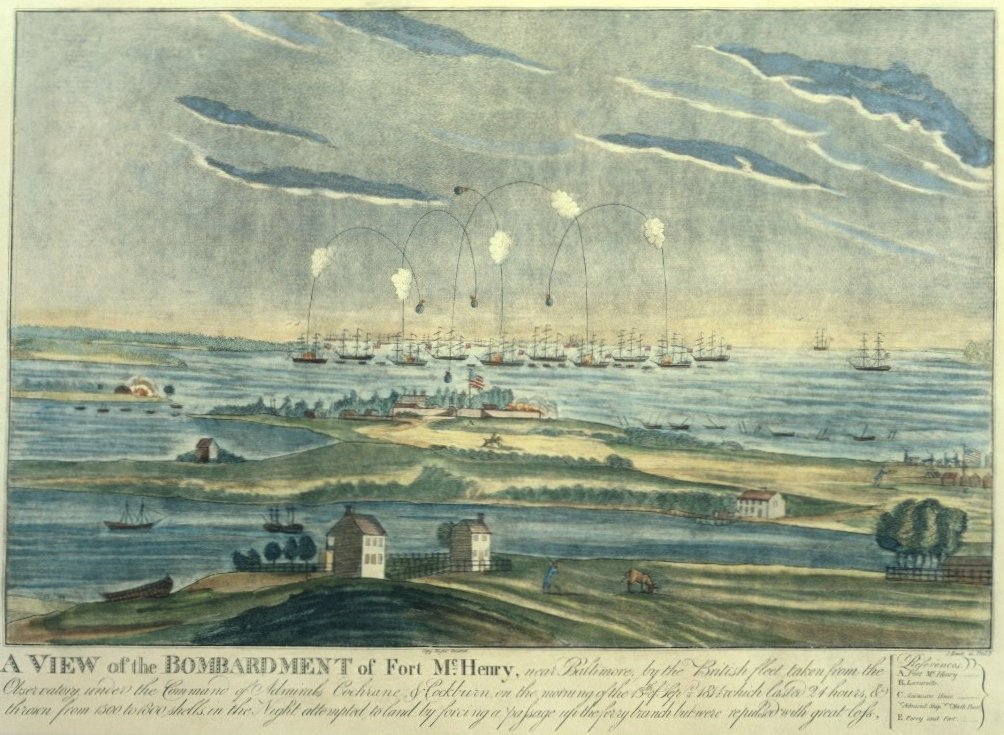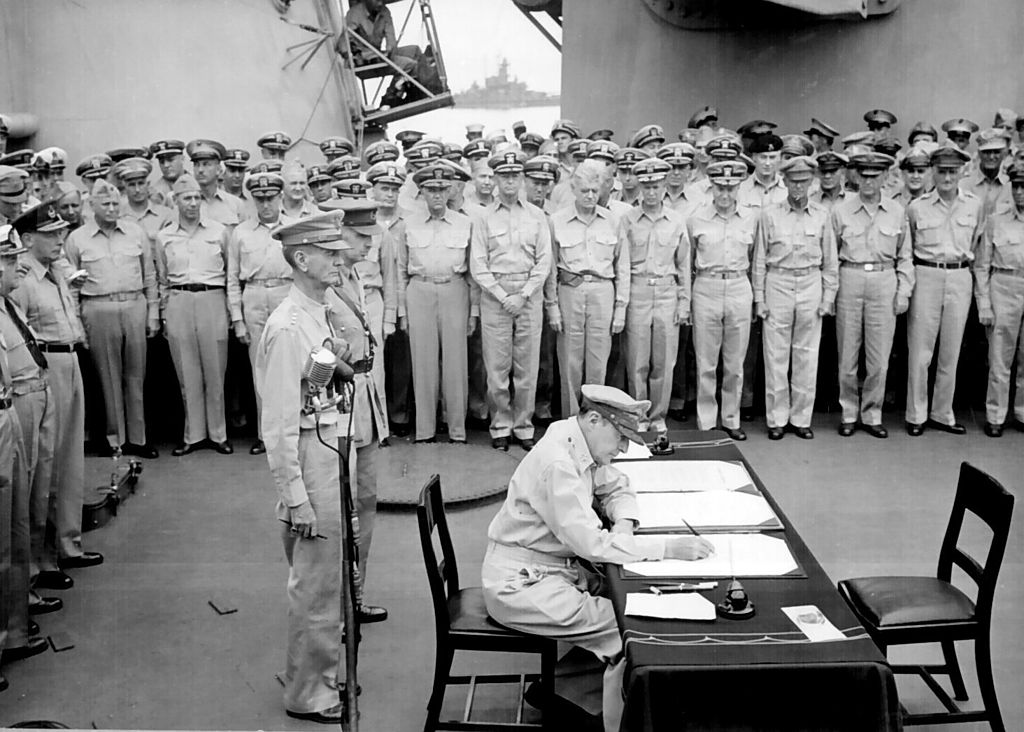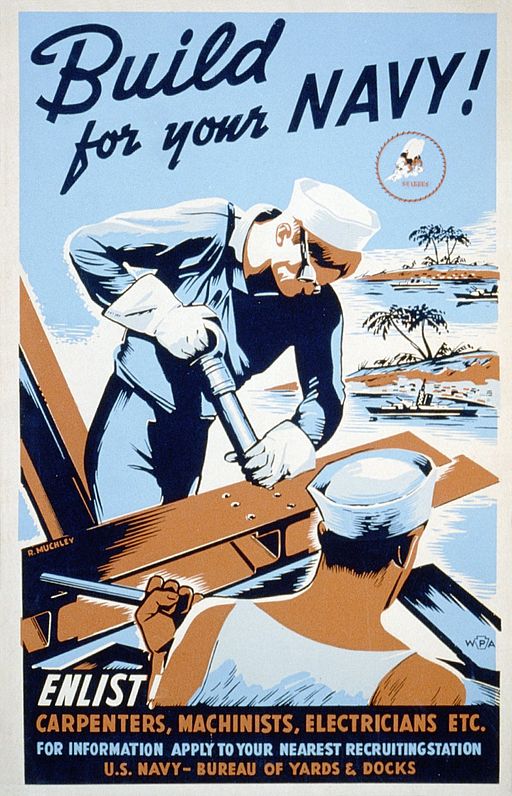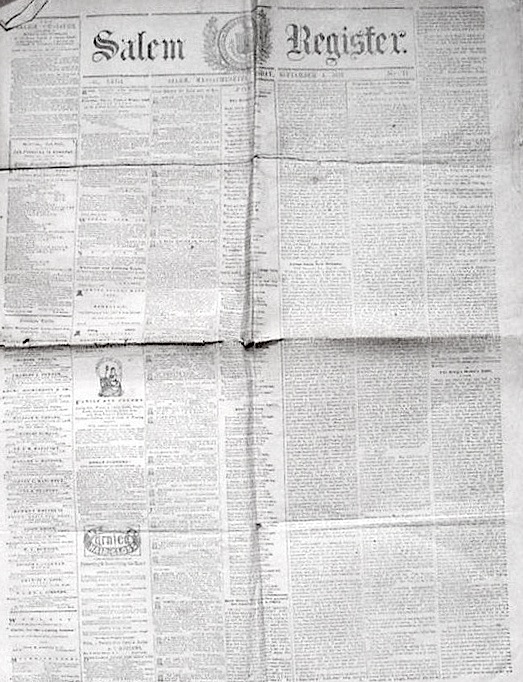-
Toleration
-
The Universal Education of Youth
“But passing by all other considerations, and contemplating merely the political institutions of the United States, I lament that we waste so much time and money in punishing crimes and take so little pains to prevent them. We profess to be republicans, and yet we neglect the only means of establishing and perpetuating our republican forms of government; that is, the universal education of our youth in the principles of Christianity by means of the Bible; for this divine book, above all others, favors that equality among mankind, that respect for just laws, and all those sober and frugal virtues which constitute the soul of republicanism.”
– Benjamin Rush,
A Defence of the Use of the Bible in Schools American Tract Society -
The Life of Action
“We are face to face with our destiny and we must meet it with a high and resolute courage. For us is the life of action, of strenuous performance of duty; let us live in the harness, striving mightily; let us rather run the risk of wearing out than rusting out.”
– Theodore Roosevelt
*Theodore Roosevelt, photograph by George Grantham Baine, 1885 (source)
-
The Star-Spangled Banner
America’s national anthem, now known as “The Star-Spangled Banner,” was originally written by Francis Scott Key as lyrics to a popular song during the time of the War of 1812. When Key wrote it, however, the song was unnamed; not until the lyrics were printed in a broadside the following week did they appear under the title “Defence of Fort M’Henry.” But how did these now famous words come about in the first place?
Meeting with the British aboard the HMS Tonnant on September 7th, 1814, to secure the release of American prisoner Dr. William Beanes, Key and fellow lawyer John Stuart Skinner soon found themselves prisoners as well. Fearing that they knew too much about plans for the upcoming attack on Baltimore (September 12th-13th), the British agreed to release Dr. Beanes as long as the three men did not return to shore until after the skirmish was over. Although able to witness the bombardment from the ship he was on, Key would not know the outcome until morning had dawned on September 14th. Discerning the Stars and Stripes still flying high over Fort McHenry, Key was inspired to write:
O say can you see, by the dawn’s early light,
What so proudly we hail’d at the twilight’s last gleaming,
Whose broad stripes and bright stars through the perilous fight,
O’er the ramparts we watch’d, were so gallantly streaming?
And the rockets’ red glare, the bombs bursting in air,
Gave proof through the night that our flag was still there;
O say, does that star-spangled banner yet wave
O’er the land of the free, and the home of the brave?On the shore, dimly seen through the mists of the deep,
Where the foe’s haughty host in dread silence reposes,
What is that which the breeze o’er the towering steep,
As it fitfully blows, half conceals, half discloses?
Now it catches the gleam of the morning’s first beam,
In full glory reflected now shines in the stream:
‘Tis the star-spangled banner, O long may it wave
O’er the land of the free, and the home of the brave.And where is that band who so vauntingly swore
That the havoc of war and the battle’s confusion
A home and a country, should leave us no more?
Their blood has wash’d out their foul footsteps’ pollution,
No refuge could save the hireling and slave,
From the terror of flight, or the gloom of the grave;
And the star-spangled banner in triumph doth wave
O’er the land of the free, and the home of the brave.O thus be it ever, when freemen shall stand
Between their loved homes and the war’s desolation,
Blest with vict’ry and peace, may the Heav’n rescued land
Praise the Power that hath made and preserved us a nation!
Then conquer we must, when our cause it is just,
And this be our motto: “In God is our trust!”
And the star-spangled banner in triumph shall wave
O’er the land of the free, and the home of the brave.*Engraving by John Bower (source)
-
September 11th: 19 Years Later
Never Forget.
*September 11th “Tribute in Light” (source)
-
Wednesday Wisdom
“What we do during our working hours determines what we have in the world; what we do in our leisure hours determines what we are.”
– George Eastman
-
V-J Day
On September 2nd, 1945, aboard the American battleship USS Missouri in Tokyo Bay, representatives of the United States, Japan, and eight other countries signed the Japanese Instrument of Surrender, officially marking the end of World War II.
Below are selections from General Douglas MacArthur’s radio address that he gave to the American people following the ceremony:
“Today the guns are silent. A great tragedy has ended. A great victory has been won. The skies no longer rain death — the seas bear only commerce — men everywhere walk upright in the sunlight. The entire world is quietly at peace. The holy mission has been completed. And in reporting this to you, the people, I speak for the thousands of silent lips, forever stilled among the jungles and the beaches and in the deep waters of the Pacific which marked the way. I speak for the unnamed brave millions homeward bound to take up the challenge of that future which they did so much to salvage from the brink of disaster.
“As I look back on the long, tortuous trail from those grim days of Bataan and Corregidor, when an entire world lived in fear, when democracy was on the defensive everywhere, when modern civilization trembled in the balance, I thank a merciful God that he has given us the faith, the courage and the power from which to mold victory. We have known the bitterness of defeat and the exultation of triumph, and from both we have learned there can be no turning back. We must go forward to preserve in peace what we won in war. . .
“. . .Men since the beginning of time have sought peace. Various methods through the ages have attempted to devise an international process to prevent or settle disputes between nations. From the very start workable methods were found insofar as individual citizens were concerned, but the mechanics of an instrumentality of larger international scope have never been successful. Military alliances, balances of power, leagues of nations, all in turn failed, leaving the only path to be by way of the crucible of war. We have had our last chance. If we do not now devise some greater and more equitable system, Armageddon will be at our door. The problem basically is theological and involves a spiritual recrudescence and improvement of human character that will synchronize with our almost matchless advances in science, art, literature and all material and cultural developments of the past two thousand years. It must be of the spirit if we are to save the flesh. . .
“. . .And so, my fellow countrymen, today I report to you that your sons and daughters have served you well and faithfully with the calm, deliberated, determined fighting spirit of the American soldier, based upon a tradition of historical truth as against the fanaticism of an enemy supported only by mythological fiction. Their spiritual strength and power has brought us through to victory. They are homeward bound—take care of them.”
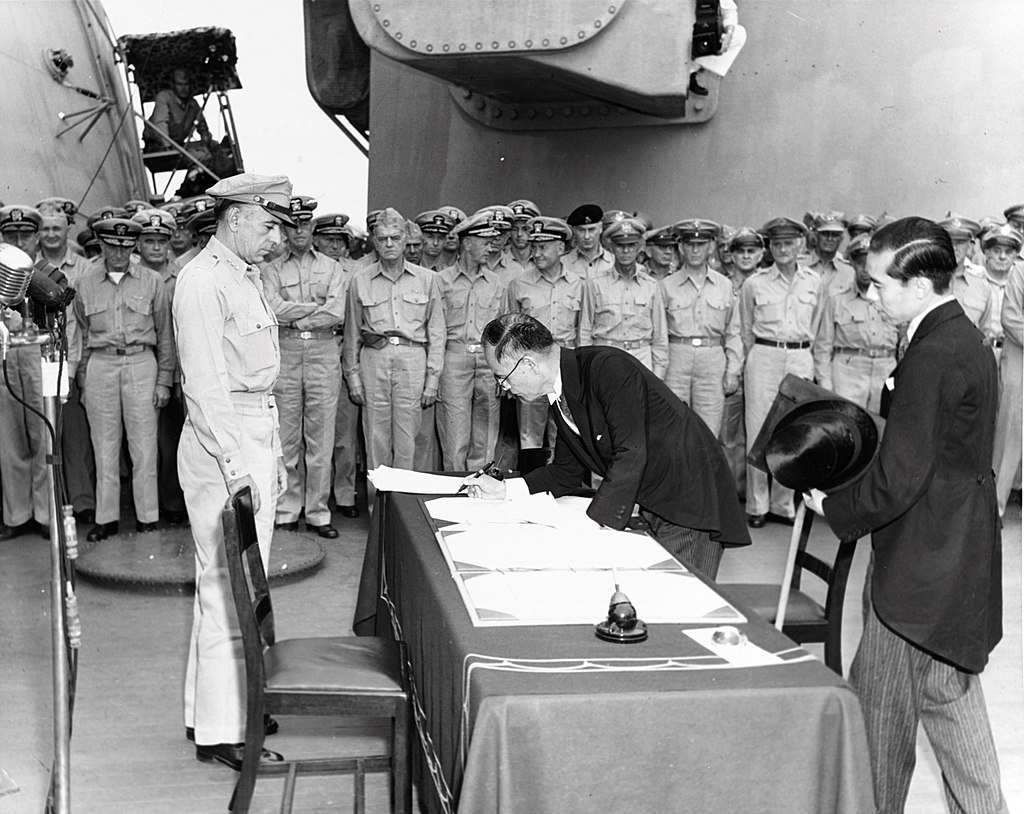
You can read the entire address here and watch footage from the surrender ceremony here.
*General Douglas MacArthur signs as Supreme Allied Commander during formal surrender ceremonies (source);
Japanese Foreign Minister Mamoru Shigemitsu signs on behalf of the Japanese Government (source) -
The Fighting Seabees
We’re the Seabees of the Navy
We can build and we can fight
We’ll pave the way to victory
And guard it day and nightSo begins the anthem of the U.S. Navy Seabees, who supported the World War II effort by bulldozing foreign islands and constructing airfields, even using their equipment to fend off the enemy when necessary. Originally formed as a civilian construction corps, however, they were not always a part of the military; in fact, many of the men in the “CBs” (Construction Battalions) were much older than their Armed Forces counterparts. The Fighting Seabees tells the fictionalized story of how Wedge Donnovan (played by John Wayne), a strong-willed construction boss concerned about his men’s safety, was instrumental in integrating the Construction Battalion into America’s fighting forces. Produced in 1944 during the war, this movie is an inspiring depiction of all that the Seabees did to “pave the way to victory”.
*Seabees enlistment poster (source); song lyrics by Sam M. Lewis (source)
-
Motto of the Salem Register
“Here shall the Press the People’s right maintain,
Unawed by influence and unbribed by gain;
Here Patriot Truth her glorious precepts draw,
Pledged to Religion, Liberty, and Law.”– Joseph Story,
Motto of the Salem Register (adopted 1802)*Salem Register (Massachusetts) newspaper from 1862 (source)
-
Good Government
“The care of human life and happiness and not their destruction is the first and only legitimate object of good government.”
– Thomas Jefferson
*U.S. Capitol Building, Washington, D.C. (source)
